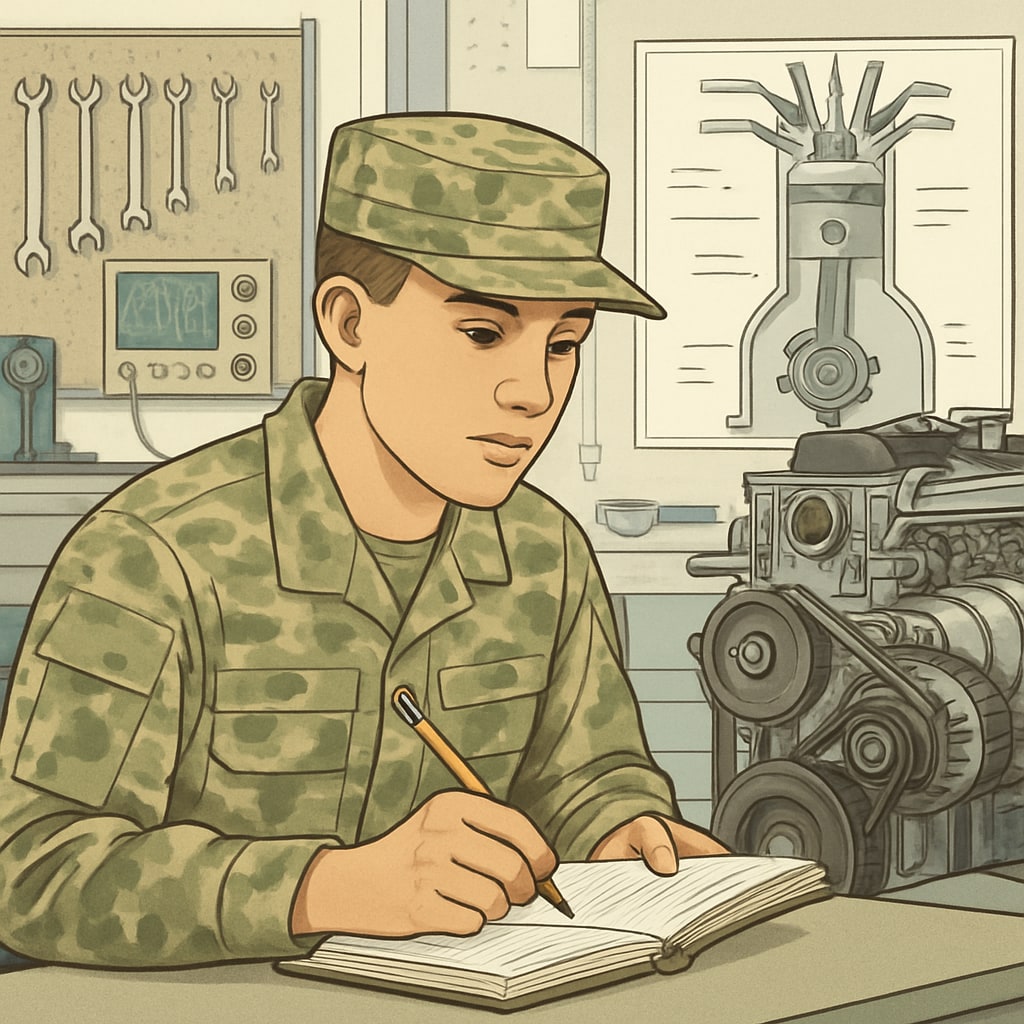For military students holding an associate degree in automotive technology, upgrading to a bachelor’s degree can open doors to advanced career opportunities in the automotive industry and beyond. The transition from an associate degree to a bachelor’s degree requires strategic planning, particularly in terms of credit transfer, degree selection, and leveraging military-specific educational resources. This article provides practical guidance on navigating this academic journey efficiently.
Understanding Credit Transfer for Military Students
Credit transfer is a critical component when transitioning from an associate degree to a bachelor’s program. Military students often have unique challenges and advantages in this process. For instance, students with an Associate of Applied Science (AAS) degree in automotive technology should ensure that their credits align with the requirements of their desired bachelor’s program, whether in automotive engineering, business administration, or related fields.
Several institutions offer programs specifically designed to maximize credit transfer for military students. Choosing a college that recognizes your military training and experience can significantly reduce the time and cost needed to complete your bachelor’s degree. Tools like the American Council on Education’s (ACE) Military Guide provide valuable insights into how military training translates into academic credits.
- Verify credit transfer policies with your target institution.
- Seek schools with dedicated veteran or military programs.
- Utilize resources like the ACE Military Guide for credit evaluation.

Choosing the Right Bachelor’s Degree Path
The choice of a bachelor’s degree should align with your career goals and the applicability of your associate degree credits. Military students with automotive technology expertise may consider degrees such as:
- Automotive Engineering: Ideal for those aiming to work in vehicle design, manufacturing, or testing.
- Business Administration: Perfect for individuals seeking management roles in automotive dealerships or service centers.
- Industrial Technology: A broader focus that combines technical knowledge with business management skills.
Researching program structures and prerequisites will help ensure a seamless transition. Additionally, some schools offer accelerated programs for military students, allowing them to complete their bachelor’s degree in less time.

Leveraging Military-Specific Educational Resources
Military students have access to unique educational resources that can simplify their academic journey. Programs such as the GI Bill and Tuition Assistance (TA) can reduce financial burdens significantly. Many institutions also provide support services specifically for veterans, including academic advising, career counseling, and networking opportunities.
For example:
- The GI Bill covers tuition and fees for eligible military students.
- Tuition Assistance (TA) offers financial aid for active-duty personnel.
- Veterans centers at universities provide tailored support for military students.
In addition to financial aid, military students can benefit from flexible scheduling options, online courses, and hybrid programs that accommodate their unique situations, such as deployment or relocation.
By combining credit transfer efficiency, targeted degree selection, and military-specific resources, military students with an associate degree in automotive technology can confidently navigate their path to earning a bachelor’s degree.
Readability guidance: This article uses concise paragraphs, lists, and clear headings to improve readability. Transition phrases like “in addition” and “as a result” ensure smooth flow, while academic terms are explained for accessibility.


